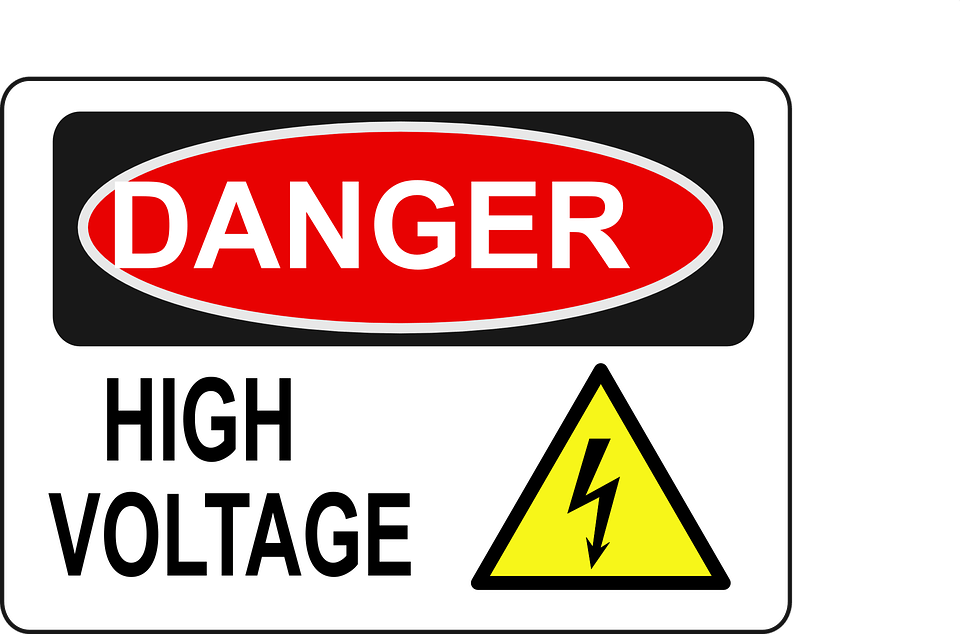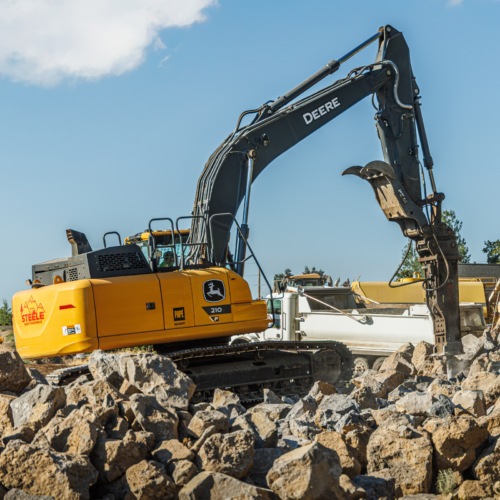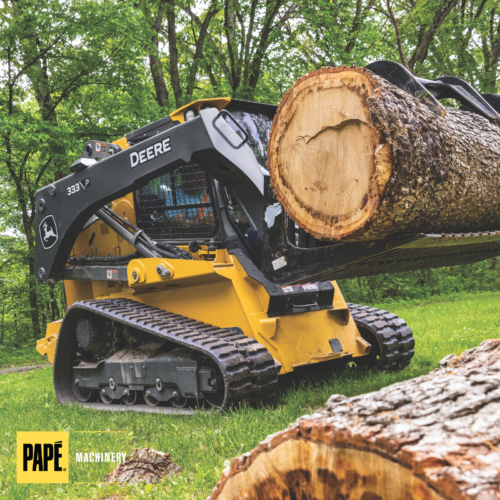Electrical safety is among the most important issues facing any construction team. Every worksite is inundated with electricity, and disasters can happen when the team doesn’t understand the hazards or the safety precautions necessary. Fortunately, your team at Papé Machinery, Construction & Forestry values the importance of proper electrical safety training. Knowing the worksite dangers and how to avoid them is all part of a robust training program.
THE DANGERS OF ELECTRICITY
From machinery moving parts to worksite lights the potential for an electrical event are everywhere you turn (and this doesn’t even include the risk of working with electrical components themselves). Outside of major injury, electrical currents can rack up damages if not handled with care. Keep an eye out for potential hazards with a little more knowledge about what triggers electrical damage and injury:
- About 5 workers are electrocuted on the job each week
- 12% of all young worker workplace deaths are caused by electricity
- It doesn’t matter if you step on a live wire or pull a plug out too fast—even the smallest amount of electricity can cause harm.
- Electricity’s biggest risk? Fire. Keep this in mind, especially on outdoor sites during dry parts of the year.
Source: OSHA
Strictly electric issues include direct electrocution (such as electric shock and burns), while the most common indirect injuries include falling because of a previous shock. Always be aware of your surroundings and where on the jobsite electricity risk is the most prominent.
HOW TO AVOID HARM
Although injuries have decreased thanks in large part to improvements to constructions sites and safety mandates from groups like OSHA, some areas of concern still loom large. This includes high-wattage power tools, portable generators, and the installation of new electrical systems. By taking a few precautions and watching out for construction electric symbols on site, these can be easily avoided.
- Lockout any energized circuits.
- Wear protective eye-wear and gloves.
- Remove all debris (daily) from any electric work area.
- Prevent falls by adding guard rails on high-up, elevated surfaces.
Conduct electrical safety trainings for workers new to the site, include what to look out for, how to avoid injury, and what to do in the event of a fire. When in doubt – Lockout Tagout!
Remember, electrical safety is the responsibility of everyone on the job site. Keep your eyes open for any hazards and take precaution. To speak with our equipment experts about electrical safety on the job site or about our John Deere construction equipment, visit our nearby Papé Machinery, Construction & Forestry locations.







